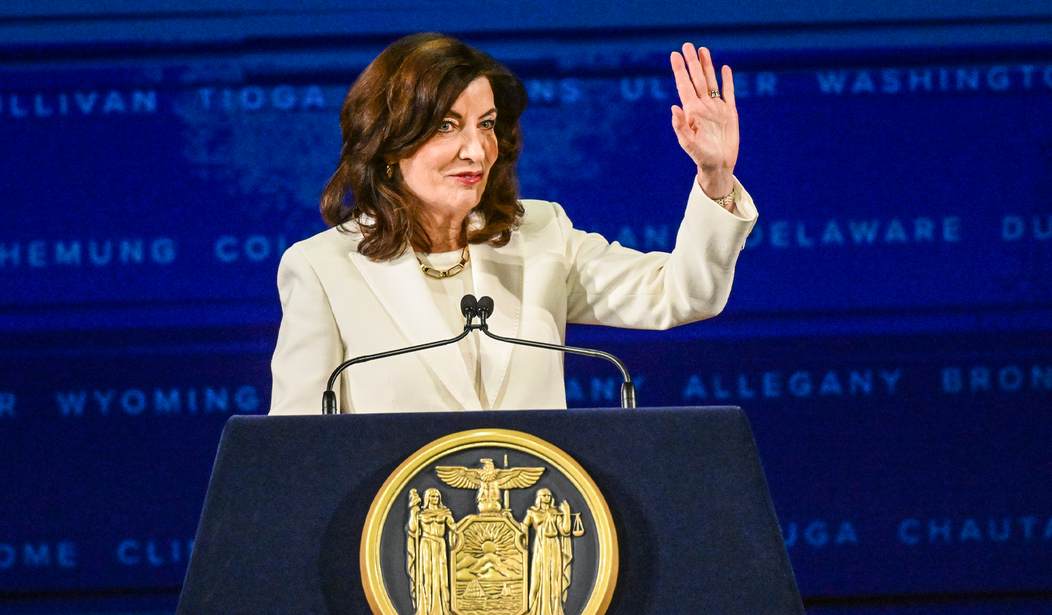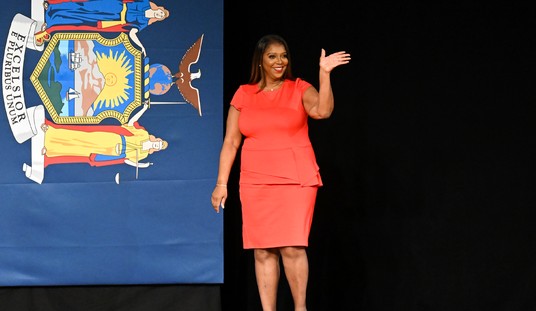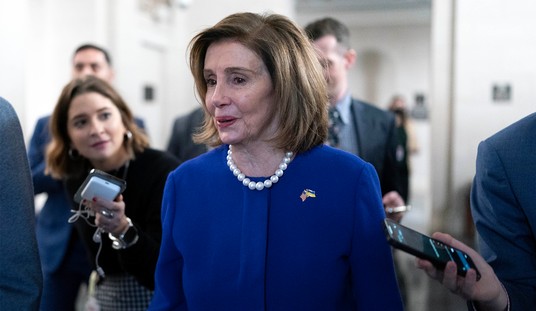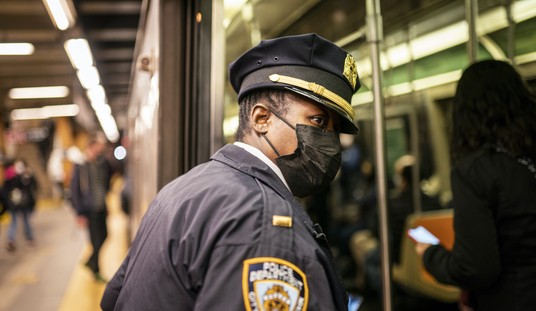New York Governor Kathy Hochul signed two bills into law on Thursday that will clamp down on social media companies' use of algorithms designed to generate addictive behavior through the use of certain features. A second bill would protect the personal information of children under the age of 18.
“Today, we save our children,” Hochul said Thursday at a press conference. “We have heard their cries for help, reminding us as adults that we have a moral responsibility to protect young New Yorkers from harm and from addictive forces.”
I haven't heard too many kids crying for help. "Please save me from TikTok, Mr. Politician" is not something we hear very often.
As far as "saving children" let's wait until you figure out how to stop kids from using social media altogether. Then you can start bragging about saving the kids.
Under New York’s SAFE For Kids Act, social media platforms will be required to display content chronologically by default for kids under 18, while the New York Child Data Protection Act will restrict websites from collecting or sharing the personal data of users under 18 without consent — expanding on existing federal privacy protections for children under 13.
The SAFE For Kids Act also requires platforms to limit late-night app notifications that state lawmakers say are engineered to drive user engagement and that risk hindering sleep. Both pieces of legislation were introduced last fall and cleared the state legislature in early June.
A Meta spokesperson tried to blame the app stores for the problem.
“While we don’t agree with every aspect of these bills, we welcome New York becoming the first state to pass legislation recognizing the responsibility of app stores.”
“According to research, the vast majority of parents support legislation requiring app stores to obtain parental approval to download apps, and we will continue to work with policymakers in New York and elsewhere to advance this approach,” the spokesperson said.
Perhaps if Meta, Google, TikTok, and other social media companies stopped spending millions of dollars on research that tells them what algorithms are best for getting kids addicted to certain features, we might believe their protestations of innocence.
Some opponents believe that the algorithm restrictions will actually make them more dangerous for teens.
“It’s a well-intentioned effort, but it’s aimed at the wrong target,” said Adam Kovacevich, CEO of the tech industry advocacy group Chamber of Progress. “Algorithmic curation makes teenagers’ feeds healthier, and banning algorithms is going to make social media worse for teens.”
The ultimate question is whether these laws are constitutional. Some legal experts and judges think not.
States such as Arkansas, Florida, Louisiana and many others have passed laws clamping down on social media companies’ approach to teens. Industry groups have challenged some of that legislation, and courts have largely viewed the laws with skepticism. In Ohio this year, for example, a federal judge temporarily blocked a law prohibiting online platforms from creating accounts for users under 16 unless they obtain parental consent, saying the legislation likely violates the First Amendment.
Two states, Texas and Florida, have passed laws that would restrict online platforms from moderating their sites; legal challenges reached the Supreme Court this term and a decision is expected within weeks.
The algorithms in question also make navigating social media sites easier. Regardless, children today would benefit from taking a break from social media sites now and again and going outside.










Join the conversation as a VIP Member